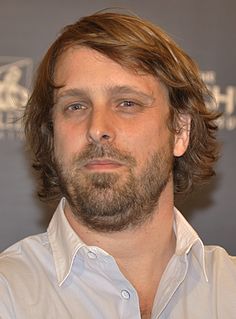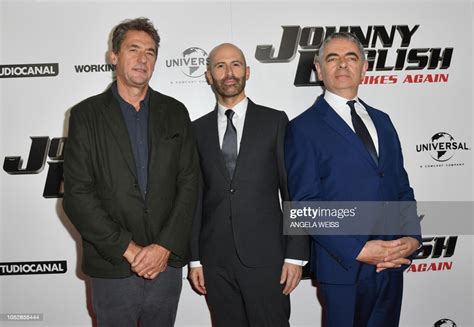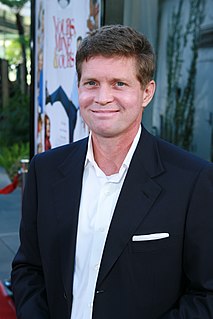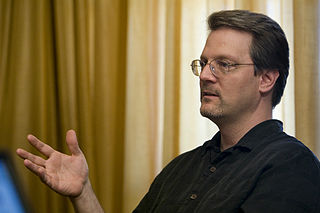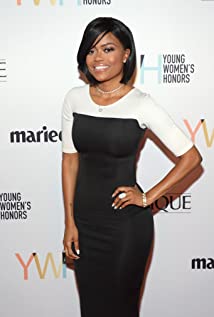A Quote by Alexandre Aja
Hollywood changed to become a more marketing-driven Hollywood, where people who are running the studios are more like marketing people, and they need titles.
Related Quotes
There's a trend in Hollywood at the moment where studio executives are coming from more of a marketing background, and that is challenging. I think one of the problems of marketing executives is that they don't understand how films get made and they're a bit nervous. And that is not the most efficient way to be a studio executive.
I found marketing to be highly descriptive and prescriptive, without much of a foundation in deep research. I brought in economics, organization theory, mathematics, and social psychology in my first edition of Marketing Management in 1967. Today Marketing Management is in its 15th edition and remains the world's leading textbook on marketing in MBA programs. Subsequently, I wrote two more textbooks, Principles of Marketing and Marketing: an Introduction.
You have more and more people coming into the tent with the creative guys [on Hollywood films]. You have marketing and concept testers, advertising people. What you find gets the high numbers is easily appealing subjects: a baby, a big broad joke, a high concept. Everything is tested. The effect is to lessen the gamble, but in fact you destroy a writer's confidence and creativity once so many people are invited into the tent.
If you could distill this down to a single principle its that the best marketers in the world know MARKETS first and foremost, and secondly they're students of MARKETING. It's more important to know a MARKET than to know MARKETING, and I teach people MARKETING! And so, as far as this seminar is concerned, it's all about knowing a market, and it's so thorough that even if you don't have personal experience in that market you can still go into it and find out, what are the things that people will pay money for!
One thing the humanitarian world doesn't do well is marketing. As a journalist, I get pitched every day by companies that have new products. Meanwhile, you have issues like clean water, literacy for girls, female empowerment. People flinch at the idea of marketing these because marketing sounds like something only companies do.
Working with David Cronenberg or Darren Aronofsky or even Steven Soderbergh isn't really like a typical Hollywood movie. These are true artists, and have a certain amount of freedom when they work, and they're more like independent filmmakers making their way through big studios. I still don't feel like I've been part of the stereotypical Hollywood system.
